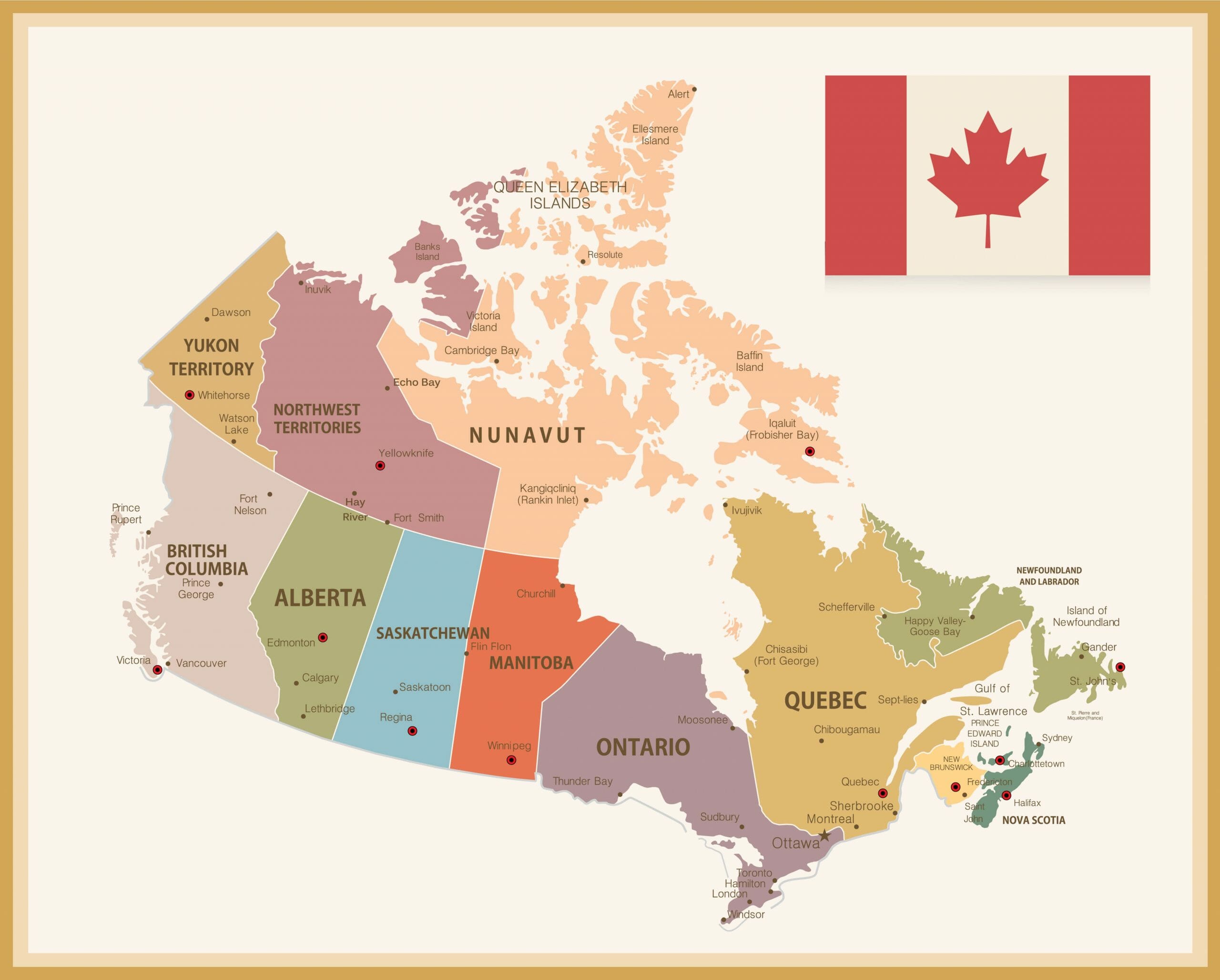The government has made changes to the Québec Experience Class (PEQ) program. For the past 10 years, workers and students in Québec had the choice between two permanent residence streams: the expedited ” Québec Experience Class” (Programme de l’Expérience Québecoise, or PEQ) and the regular Québec skilled worker program. While the former had simple eligibility criteria based on knowledge of French and either 1 year of qualifying work in Québec or completion of certain Québec diplomas, as well as 1-month processing times, the latter is based on a points system with heavier documentation requirements and processing times of anywhere between 1 and 4 years. In both cases, applicants were granted the “Québec Selection Certificate” (Certificat de Sélection du Québec, or CSQ) and then needed to apply to Immigration, Refugees and Citizenship Canada (IRCC) to undergo background and medical checks and ultimately were granted permanent residence (PR). Historically, this second step took between 13 and 24 months.
To put it in a nutshell, at its fastest, applicants to the PEQ were able to be granted PR within 14 months. Comparatively, this is still longer than federal programs under Express Entry where PR can be granted within 6 months, but the PEQ was competitive because the CSQ granted applicants, and employers, the possibility to apply for closed bridging work permits. All in all, it was a system that worked and that employers had integrated as part of their employee retention strategy.
As of July 22, 2020, new selection conditions apply to candidates who submit a PEQ application, including increases in work experience and language requirements. Transitional measures are also planned. For more information on the PEQ, see https://www.immigration-quebec.gouv.qc.ca/en/immigrate-settle/students/stay-quebec/application-csq/students-peq/index.html.


